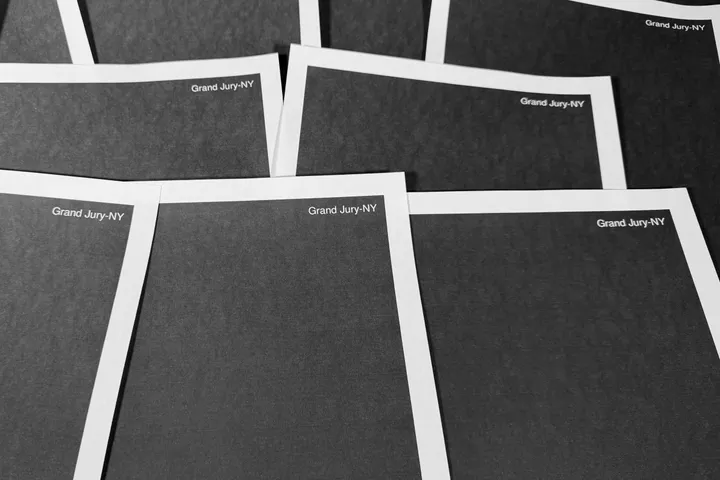UN nuclear watchdog inspectors have found that roughly 2.5 tonnes of natural uranium have gone missing from a Libyan site that is not under government control, the watchdog told member states in a statement.
The finding is the result of an inspection originally planned for last year that "had to be postponed because of the security situation in the region" and was finally carried out on Tuesday, according to the confidential statement by International Atomic Energy Agency chief Rafael Grossi.
IAEA inspectors "found that 10 drums containing approximately 2.5 tonnes of natural uranium in the form of UOC [uranium ore concentrate] previously declared by [Libya] ... as being stored at that location were not present at the location," the one-page statement said.
The agency would carry out "further activities" to determine the circumstances of the uranium's removal from the site, which it did not name, and where it is now, the statement added.
'Nuclear security concerns'
"The loss of knowledge about the present location of nuclear material may present a radiological risk, as well as nuclear security concerns," it said, adding that reaching the site required "complex logistics".
In 2003, Libya under then-leader Muammar Gaddafi renounced its nuclear weapons programme. It had obtained centrifuges that can enrich uranium as well as design information for a nuclear bomb.
The oil-rich country remains in turmoil since 2011 when Gaddafi was ousted after four decades in power.
The North African country has seen the emergence of two rival seats of power: one in east — to which warlord Khalifa Haftar is affiliated — and the Tripoli-based Government of National Accord, which has UN recognition.
























